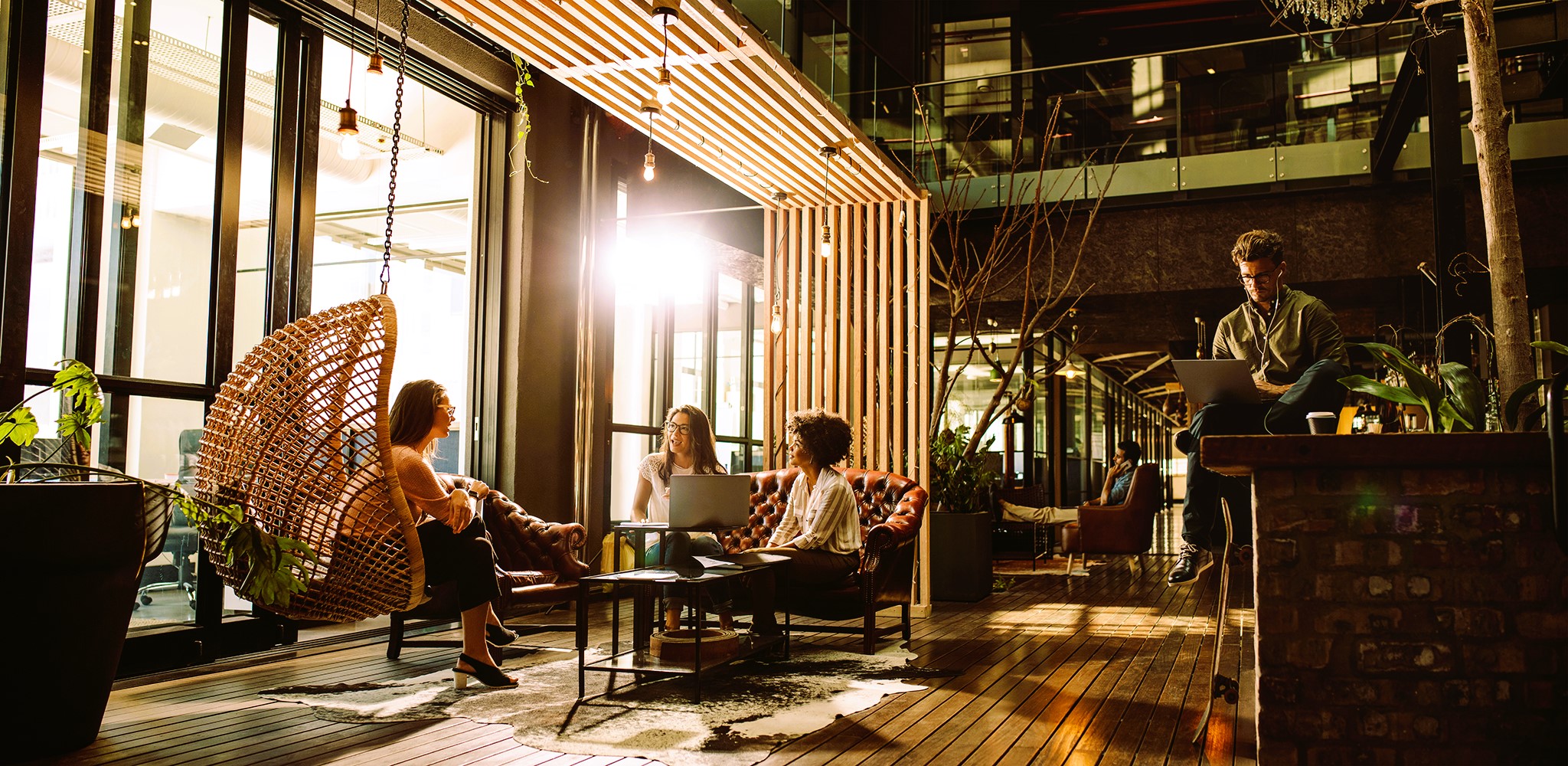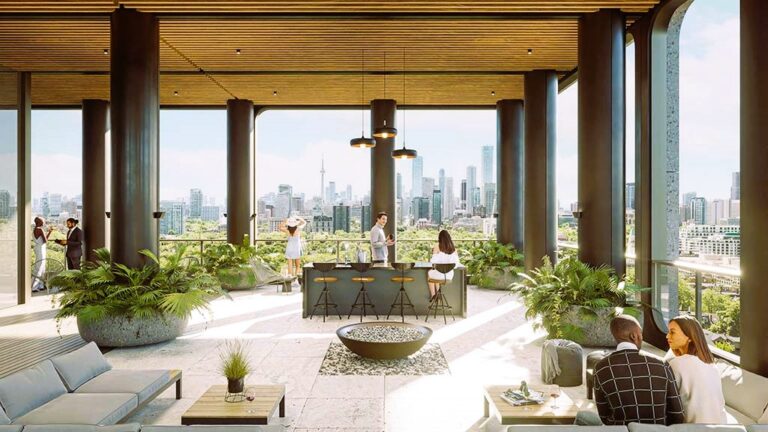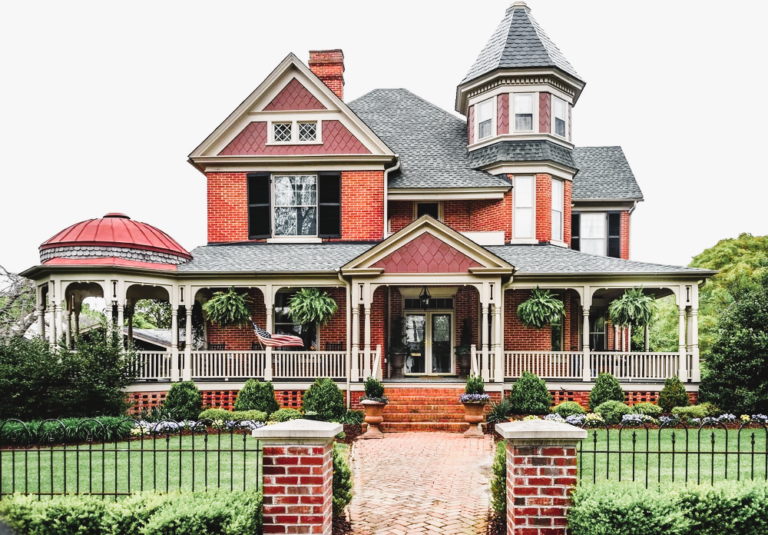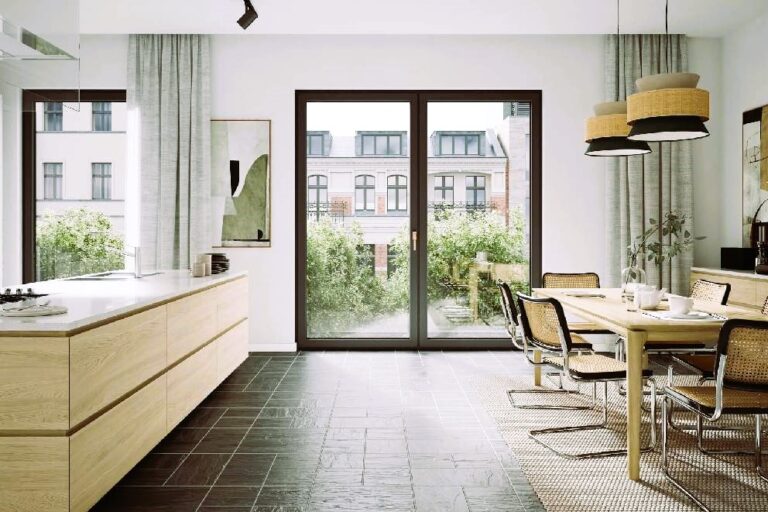Windows are not just architectural elements that provide natural light and views; they also have a profound impact on our psychological well-being. In Vancouver, a city renowned for its stunning natural surroundings, incorporating windows in interior design is particularly important. This article explores the psychological effects of natural light in Vancouver interiors, emphasizing the benefits of windows for human well-being and mental health.
The Influence of Natural Light on Mood
1.1 Mood Enhancement
Natural light has a significant influence on our mood and emotional well-being. Exposure to daylight triggers the release of serotonin, a neurotransmitter that promotes feelings of happiness and relaxation. By incorporating windows in Vancouver interiors, designers can harness the power of natural light to create uplifting and positive environments.
1.2 Seasonal Affective Disorder (SAD)
In Vancouver, where the winter months are characterized by limited sunlight, the impact of natural light becomes even more crucial. Seasonal Affective Disorder (SAD) is a type of depression that occurs during the winter season due to a lack of exposure to sunlight. Maximizing natural light through well-designed windows can help mitigate the symptoms of SAD and improve overall mental health.
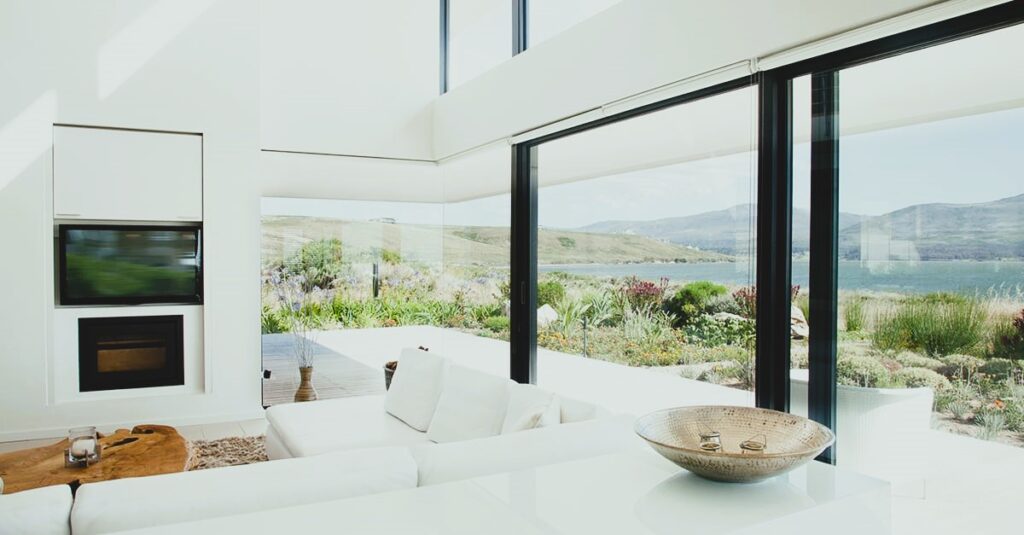
Connection with Nature and Biophilia
2.1 Biophilic Design
Biophilic design recognizes the inherent human need for connection with nature. It involves incorporating natural elements, such as plants, natural materials, and windows that provide views of the outdoors, into interior spaces. By integrating windows that showcase Vancouver’s breathtaking natural landscapes, interior designers can create spaces that foster a sense of calm, relaxation, and well-being. Designing home offices, read more in this article.
2.2 Stress Reduction
Views of natural scenery through windows have been shown to reduce stress levels and promote relaxation. The sight of greenery, water, or mountains can evoke a sense of tranquility and provide a respite from the demands of daily life. By framing these views with well-placed windows, Vancouver interiors can create a sanctuary that promotes mental rejuvenation and stress reduction.
Enhancing Productivity and Cognitive Function
3.1 Increased Focus and Alertness
Natural light has a positive impact on cognitive function, including attention and focus. Well-lit spaces created by windows allow for increased alertness, improved concentration, and enhanced productivity. By incorporating ample natural light through windows, Vancouver interiors can optimize the working and living environments, leading to improved cognitive performance.
3.2 Circadian Rhythm Regulation
Exposure to natural light helps regulate the body’s circadian rhythm, the internal clock that regulates sleep-wake cycles. Adequate exposure to daylight through windows helps maintain a healthy sleep-wake pattern, leading to better quality sleep and improved overall well-being. By maximizing natural light in interior spaces, designers can contribute to a healthy circadian rhythm and promote optimal sleep habits.
Design Considerations for Vancouver Interiors
4.1 Orientation and Window Placement
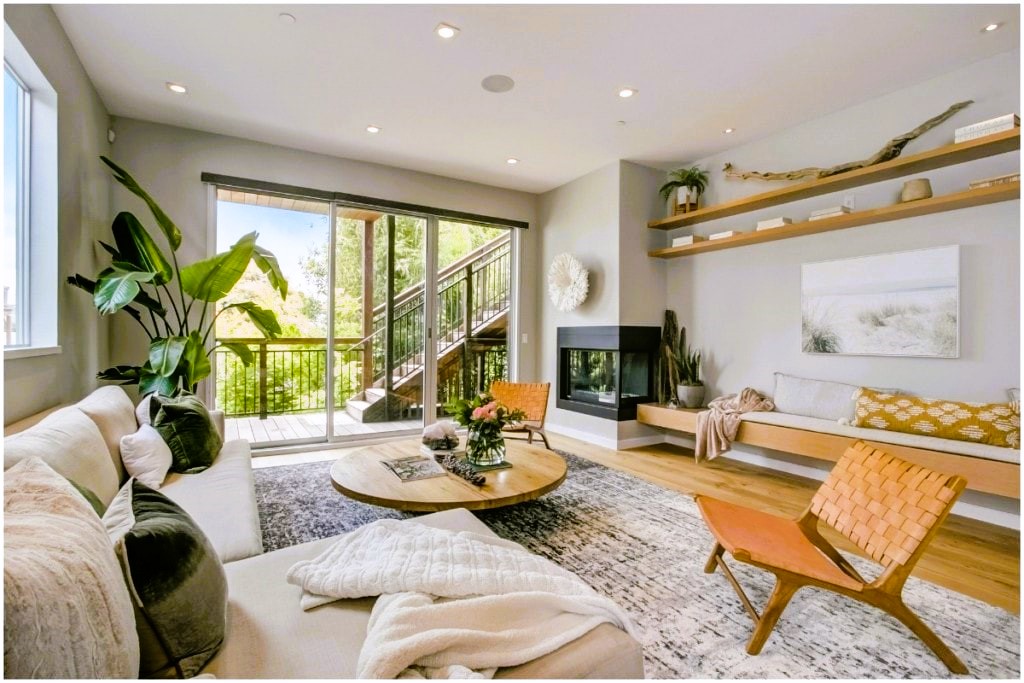
Considerations should be given to the orientation of the building and the placement of windows to maximize exposure to natural light. South-facing windows tend to receive the most sunlight throughout the day, while north-facing windows provide consistent but softer light. By strategically positioning windows, interior designers can optimize natural light intake based on the specific location and orientation of the space.
4.2 Window Treatments and Control
Appropriate window treatments, such as blinds or curtains, are essential to control the amount of natural light entering the space. This allows occupants to adjust the lighting levels according to their preferences and needs. Additionally, incorporating smart technologies that automate the control of window treatments can provide convenient and efficient management of natural light.
Conclusion
Incorporating windows in Vancouver interiors goes beyond functional considerations; it directly influences the psychological well-being of occupants. By embracing natural light and views, interior designers can create spaces that enhance mood, reduce stress, and improve cognitive function. The careful placement and design of windows can transform Vancouver interiors into havens that connect people with nature, contributing to their overall well-being and mental health.
For more information on the psychological effects of natural light and biophilic design, you can visit the following sources:
- Wikipedia – link to Wikipedia page on Natural Light

